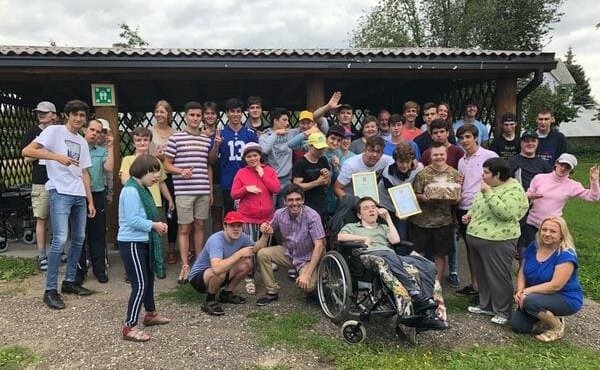This past spring, I participated in the UNIV Congress in Rome. Both the Eternal City and the conference itself provide an "immersion" in the universality of the Church and the global interconnection of the world. Bumping into a Lithuanian priest is a normal thing under such circumstances. And this random encounter sparked an idea for my innate spirit of adventure.
When I was in high school, Estonia, Latvia and Lithuania were three distant countries that happened to be grouped together, but since then the map of the world has shrunk significantly. Kun Petras is a priest who lives at the Opus Dei Center in Kaunas, Lithuania, and he is a chaplain at several universities in the country. As soon as he met me, he suggested the possibility of organizing a project in Kaunas for the summer. He had probably proposed the idea to others during the week as well, but I for one did not want to miss this opportunity. The experience was bound to introduce me and others to a world of contrasts.
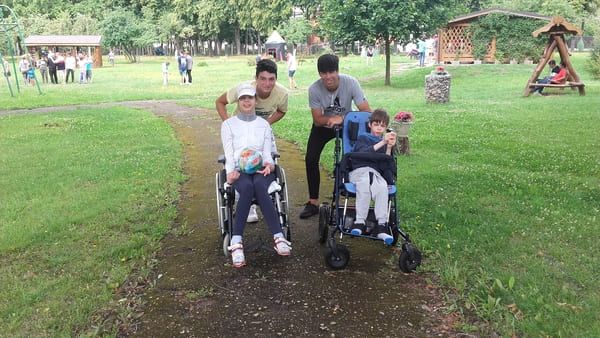
Back in Spain after UNIV, we prepared a proposal for a summer project: volunteering for a month in Lithuania at the Vilijampoles Social Care Home, offering time and attention to the residents there. Vilijampoles offers specialized care to about two hundred children with disabilities or mental illnesses, many with Down syndrome and others with psychomotor difficulties. All of them need constant care and supervision.
"Are you coming to Lithuania this summer?"
"Are you coming to Lithuania this summer?" That about summarizes our marketing strategy for attracting volunteers to the project. The most common reply was a bit skeptical: "Why should I be interested in Lithuania?" We didn't have to engage in much persuasion however, because soon we started hearing back from students at two youth clubs in Andalucia: Torzal and Moraleda. The program filled up in a jiffy, with fifteen high school students from Almería and Jaén. They made up the core of the “Kaunas Work Camp” in Lithuania, which one participant described as "the best thing I have ever done."
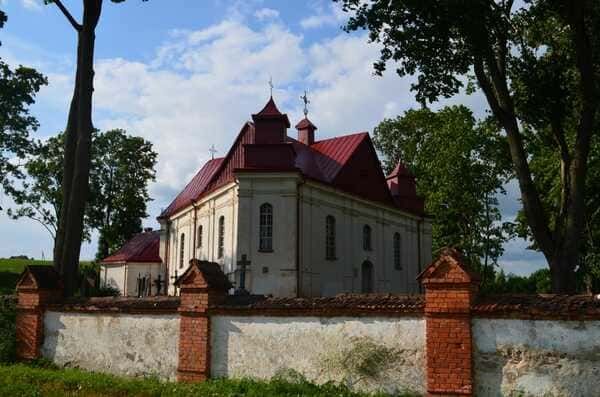
To reduce costs, we asked some of the participants' parents to help us out with certain aspects of the trip, each one chipping in what they could. We travelled by plane from Málaga to Vilnius, where some local friends were waiting for us. After lunch, they gave us a tour of the Cathedral of St Stanislaus and St Ladislaus. In the middle of the afternoon, we loaded into a van headed toward our final destination: Kaunas.
We were immediately struck by the differences in scenery. In Spain, we are accustomed to a Mediterranean climate, with olive trees and greenhouses, amid an arid landscape. And we were highly impressed by the young people in Kaunas who took turns accompanying us, offering to translate for us (Lithuanian-English-Spanish and vice versa), and resolving any difficulties that arose. We were impressed by their commitment and friendly attitude.
A Universal Language
The first encounter with young people with disabilities is powerful. We did what we could to live up to their expectations and keep them entertained: dancing Sevillanas, organizing wheelchair races and other games, preparing piñatas with candies, etc. Although the three hours we spent every morning with the sick required effort, time passed in the blink of an eye, and we found ourselves looking forward to doing it all again the next day. One participant said he came on the trip thinking it was going to be very challenging for him. But as the days unfolded, he found it to be more enjoyable than anything he had ever done before.
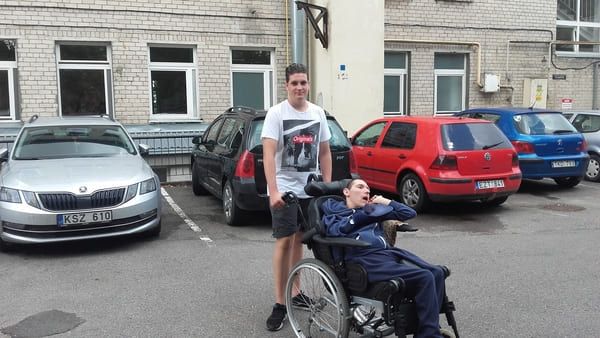
To organize the work, we divided into two groups. One group took on the work of cleaning the garden and the rooms, while the other group offered accompaniment and attention to the residents. In the middle of the morning, we would switch roles. We did this work together with other young Lithuanians and staff at the home. How did we communicate with them? We (both they and ourselves) eventually became "experts" in the universal language of gestures.
In the afternoons, there was time to visit other places in the city, and we also got to know some of the surrounding churches, where we offered to perform small maintenance work. One of these churches was Our Lady of Mount Carmel, where we were actually able to offer some valuable help putting the finishing touches on new decorations in the church.
A Jail, a Retreat House and the Best Garden in the World
Thanks to Kun Petras, there was never a dull moment on this trip. We visited a detention center, home to criminals under the age of 21. We played a soccer match and a basketball game with them, making sure the teams were mixed between ourselves and the inmates. They were very grateful and all of us had a great time. We recalled later on how Saint Josemaría encouraged the students at the DYA Academy who were jailed for political reasons in the years leading up to the Spanish Civil War, to play soccer with other inmates, making sure to have people of different political opinions on the same team, and being careful not to fuel animosities.
As for our lodging, we stay in a building that was the former headquarters of the Soviet police, very close to Zaldiris, where Lithuania declared its independence in the eleventh century, and Zalgiris Arena, where the famous local basketball team plays. While the accommodation could not be classified as a five-star hotel, the beds and the meals were fine, and we also had access to the best garden in the world: the Kaunas Castle and the surrounding Santakos Park. We had seen it in photos while preparing the trip and now we could look out at it from the windows of our rooms.
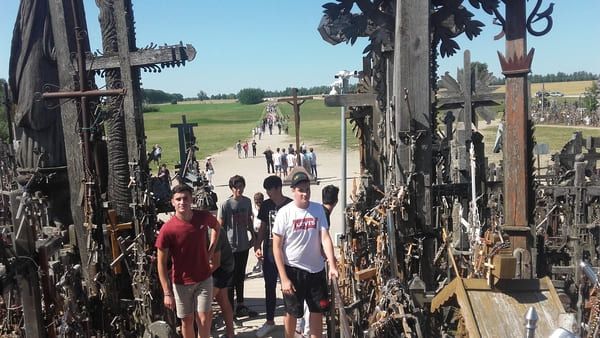
We also went to a retreat house that is under construction, and we were able to lend a hand in the setup of what will be the future oratory. That day was a long one, but we finished it off with a festive barbecue.
Finally, we took a day off to return to Vilnius, the capital, and visit the Hill of Crosses, which is considered the site of a "cold war" between Catholics and Communist authorities. Each cross on the hill represents a deported family. It was visited by St. John Paul II as well as by Pope Francis during his visit to Lithuania last year. That same day, Kun Petras celebrated Mass in Lithuanian in the cathedral. We also visited the Aurora Gate as well as the Castle of Takrai, a beautiful fourteenth century fortress set on a little island.
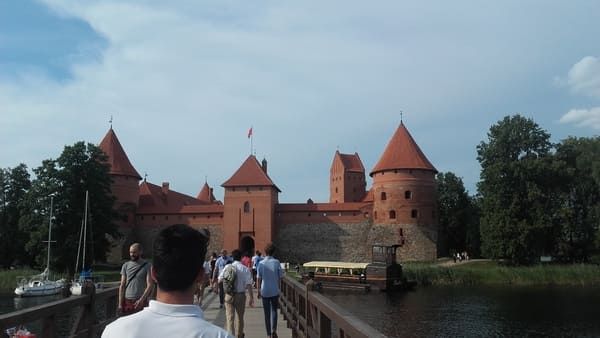
The days in Kaunas went by quickly, always planning the day around our work at Vilijampoles. One of the most moving moments of the trip was our visit to the Sanctuary of Divine Mercy in Vilnius, where Saint Faustina Kowalska lived for a few years. It is here that the original painting of the Divine Mercy is kept, painted following Saint Faustina's instructions in 1934.
Of course, the important thing is not these highlights from our trip but how we have hopefully become more generous people thanks to the opportunities offered us by this unexpected summer adventure.
